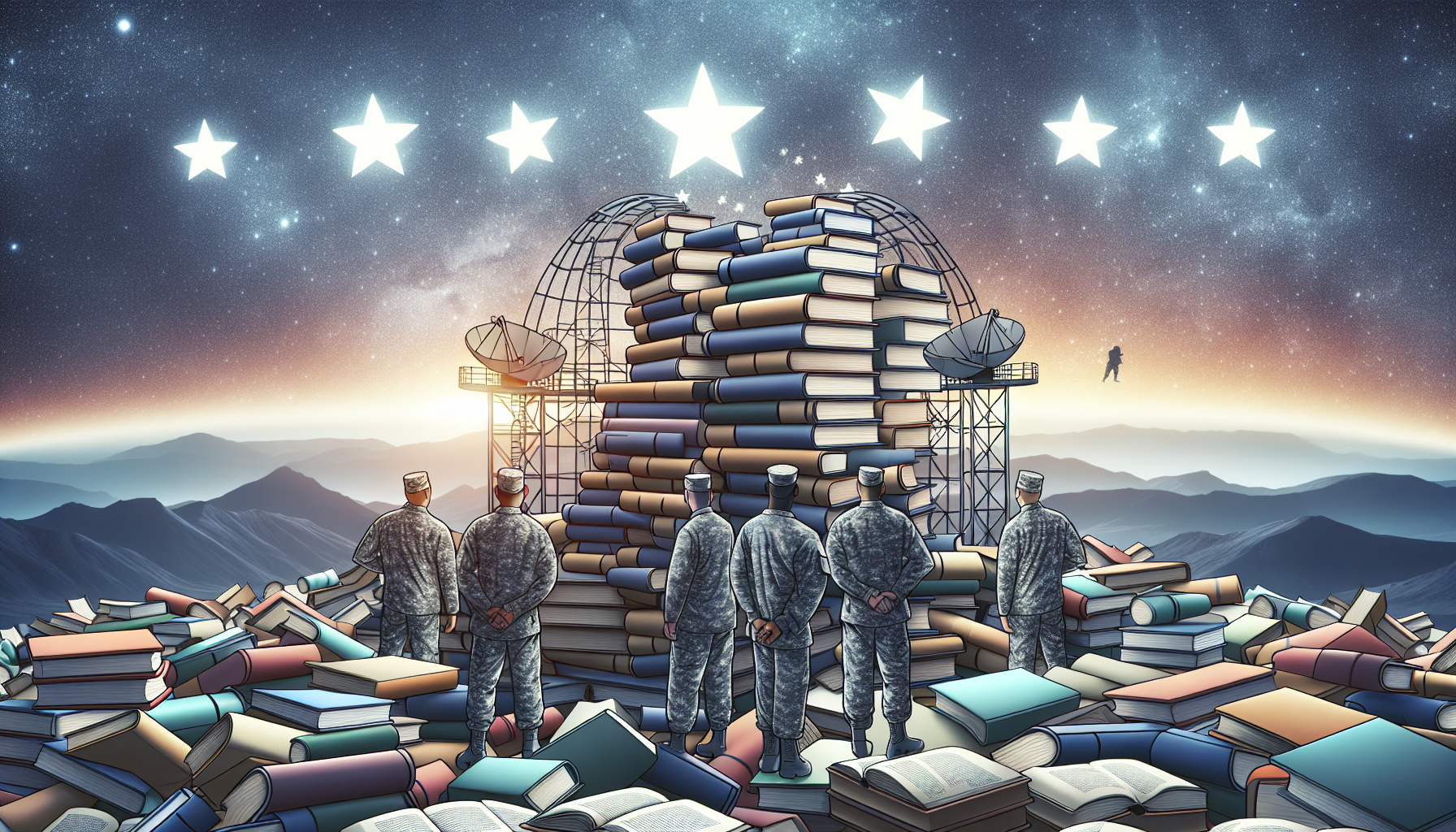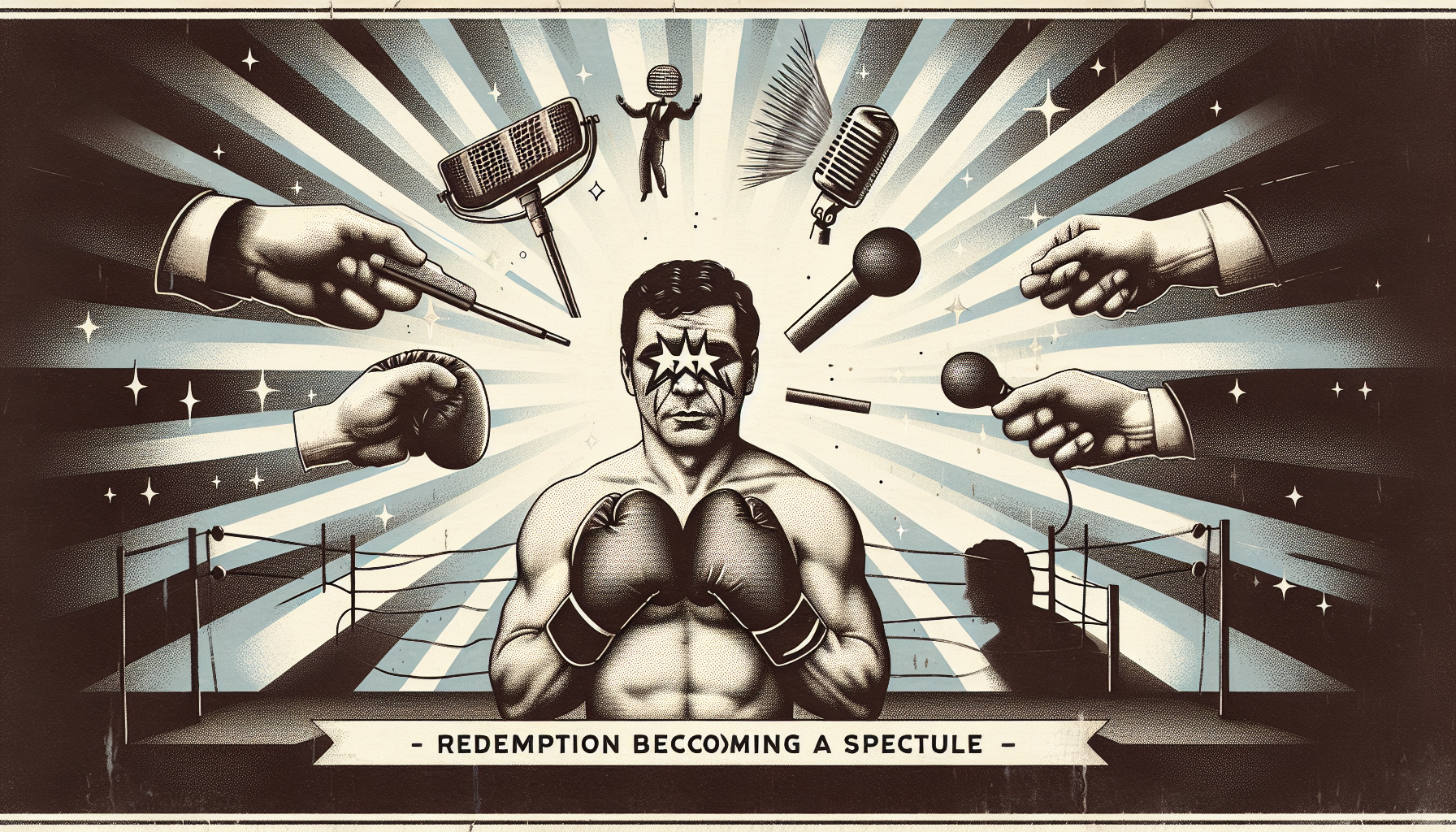Title: Shelving Unity: The Silent War Over Books, DEI, and America’s Military Mind
Dear readers,
In the quiet hush of military libraries—places often reserved for solemn study and dusty reverence—a new kind of battle is unfolding. But don’t expect explosions or parades. This is not war as we know it, but the fight over what stories are told, and more alarmingly, which are now being silenced.
Welcome to the new front line in America’s culture war: the bookshelves of our armed forces.
✎ A Syllabus Under Siege
Earlier this month, memos trickled out of Washington like whispers through the barracks. The Army and Air Force, following the Navy’s controversial lead, have been ordered to review and potentially remove books from their libraries that promote diversity, equity, inclusion (DEI), gender ideology, or critical race theory—particularly if deemed to “subvert meritocracy and unity.”
Think that sounds vague? You’re not alone.
Among the 381 titles already purged from the U.S. Naval Academy’s shelves were Maya Angelou’s I Know Why the Caged Bird Sings, feminist histories, books on the civil rights movement, and even educational materials about the Holocaust. Let that sink in.
These aren’t anarchist manifestos. They are some of the cornerstones of 20th-century understanding—texts that encouraged millions of Americans to see themselves in the American story. Now, they are being recast as liabilities.
✖︎ When Inclusion Becomes a Red Flag
The memos, obtained by the Associated Press, came on the heels of an executive order from the Trump administration banning DEI instruction at federally funded K-12 schools. At first, military academies were exempt (since they're considered higher education). Now they’re not just included—they’re ground zero.
"It’s not a ban," officials insist. “It’s a review.”
And yet, the language in the Army’s documents is explicit. Books “promoting DEI… in a manner that subverts meritocracy and unity” are to be flagged, and potentially, removed.
Here’s the double-bind: How do we protect unity by erasing the complex truths that demand it?
Historical reckoning has never been easy. But rewriting the required readings? That feels less like course correction and more like cultural amnesia.
✏︎ Erasing Maya Angelou Should Feel Like a Crisis
It’s hard to overstate the absurdity here. Removing Maya Angelou’s autobiography from West Point’s library is not a minor clerical update. It’s a symbolic act of erasure. Her story of trauma, survival, and transcendence has been a touchstone for generations, including those within the military who know what it means to suffer in silence and fight for dignity.
If Angelou’s voice is too "divisive," one must ask: What version of unity are we being asked to uphold? One that refuses to acknowledge difference at all?
If empathy is disunity, then perhaps we’ve misunderstood the very things we send our soldiers to protect.
⚖︎ A Case of Loyalty or Leash?
The masterminds behind the directive—led by Defense Secretary Pete Hegseth and other political appointees—paint a picture of unchecked ideology corroding the military’s foundations. Their argument: DEI efforts threaten to divide troops, to introduce grievance where there should be discipline.
But let's zoom out…
DEI isn’t new. It’s not even particularly radical. It's an evolving conversation acknowledging the military’s history—from segregation and "Don’t Ask, Don’t Tell" to sexual harassment crises—and trying, slowly, to build trust where it was broken.
Is that really what threatens the ranks? Or is the real fear that a soldier might read a book, learn something inconvenient, and begin questioning not their country—but how it tells its stories?
Just ask any Vietnam veteran what it was like to come home and realize the truth they'd fought for wasn’t the truth they’d been told.
✎ What Happens When You Purge the Library?
History is quick to remind us: when books vanish, the ground usually shifts soon after.
In Saudi Arabia, books about feminism are treated as Western poison. In Putin’s Russia, queer narratives are rewritten or outlawed. And during the American Red Scare—another time nationalism demanded obedience—libraries were stripped of socialist texts, and careers destroyed by suspicion alone.
To remove books under the pretense of maintaining unity is not neutral. It’s ideological. It’s script control. It’s an institutional decision to say: These voices matter less. Their stories belong in the shadows.
And what happens to a military trained not just in tactics, but in silence?
◆ Lessons from the Shelf (and What's Missing From It)
This is not just about literature. It’s about power. About who gets to take up space in our national mythology.
We often romanticize the military as a great equalizer—where race, class, gender fall away in the face of shared sacrifice. That ideal only holds if everyone’s lived experience actually gets a seat at the table—or in this case, a spot on the shelf.
Right now, that seat is being pulled out. Quietly. Bureaucratically. But decisively.
So, as West Point, the Air Force Academy, and countless command libraries lock into “compliance mode,” we have to ask: Who will guard the stories that don’t fit the current script?
Because history doesn't disappear when the books do. It waits—for the brave to find it again.
Yours in sticking bookmarks where others pull pages,
A Patron of Dangerous Stories & Preserved Truths.

